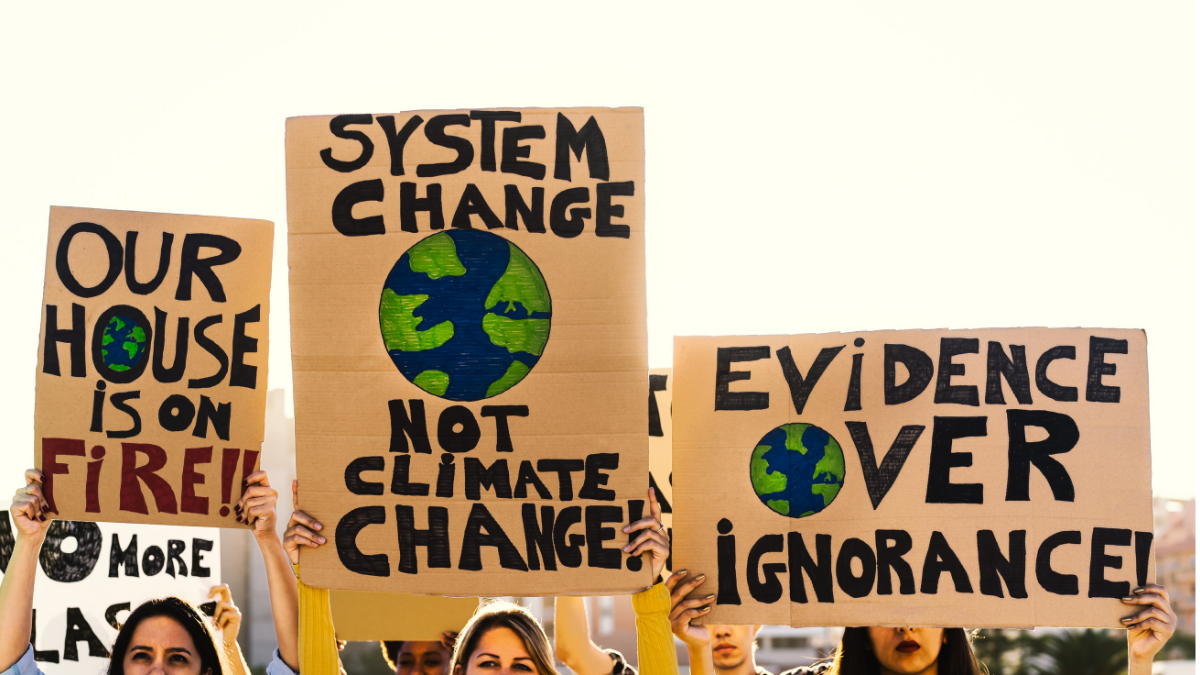Submit.com can play a significant role in acting as a climate change dashboard platform by providing a centralized system for collecting, analyzing, and visualizing climate-related data. This platform can offer the following features and benefits, drawing from the information available:
Data Collection and Visualization: Submit.com can serve as a hub for compiling climate change data, including greenhouse gas emissions, environmental indicators, and climate-related events. The platform can then visualize this data through interactive mapping features, providing location-based information on extreme heat, drought, wildfires, and other climate impacts.
Informing Decision-Making: By consolidating and presenting complex climate data, Submit.com can help policymakers make informed decisions and develop targeted climate action plans. It can also facilitate the identification of areas vulnerable to climate change, enabling the prioritization of resources and interventions.
Supporting Resilience and Adaptation: Submit.com can contribute to resilience and adaptation efforts by providing detailed, location-specific data about climate threats. It can also bring together multiple federal information sources and funding opportunities to support resilience initiatives.
By offering these capabilities, Submit.com can empower governments, organizations, and communities to track emissions, monitor progress toward climate goals, and make data-driven decisions to address the challenges posed by climate change. This aligns with the broader global efforts to disseminate climate change data and build climate resilience.
Here is an interesting article by Thad Rueter for Government Technology GovTech Biz on Why Cities Are Turning to Climate Change Dashboards.
Submit.com can serve as a comprehensive climate change dashboard platform, enabling the collection, analysis, and visualization of crucial environmental data. By offering features such as data visualization, decision-making support, and resilience enhancement, Submit.com empowers governments, organizations, and communities to make informed decisions and take targeted climate action. This aligns with global efforts to track emissions, monitor progress toward climate goals, and build climate resilience.









